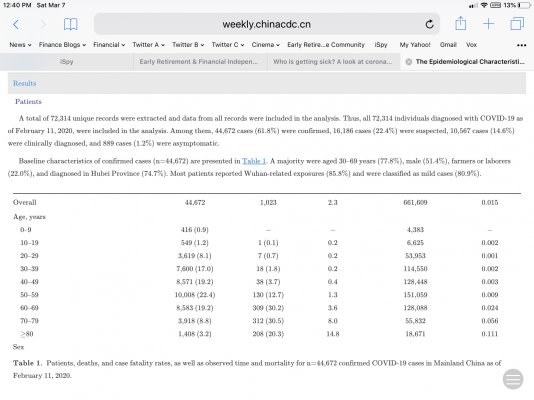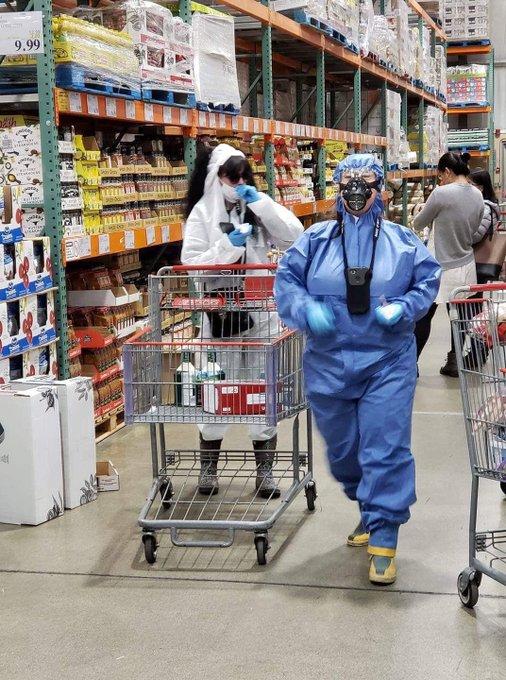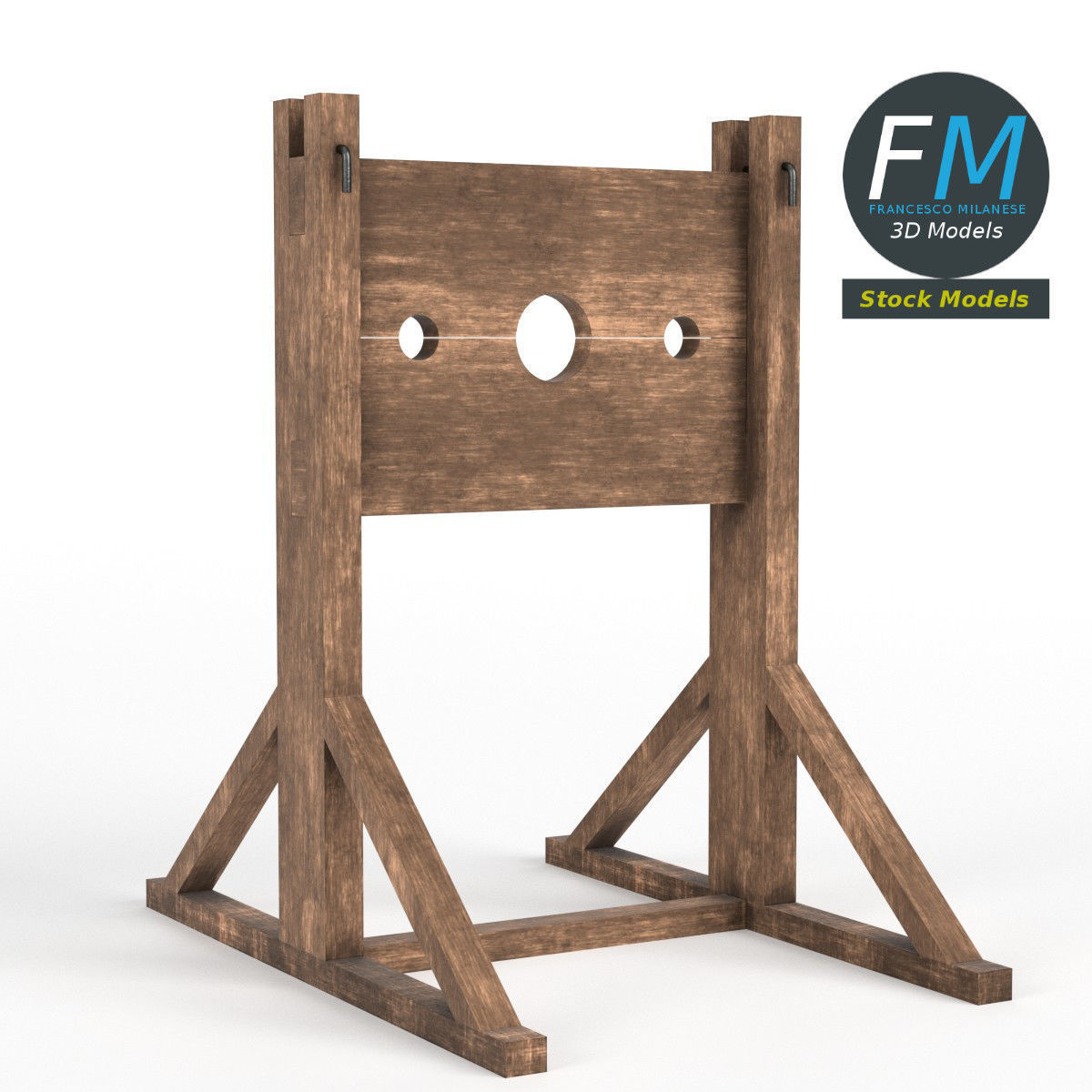I washed and cut up some cucumbers just a little while ago, and now I'm thinking about grocery shopping. Someone (I think IRL, not here) said they were going to use the pickup service to avoid going out in public, but to me that isn't much help, because you still have the products that a bunch of other people touched. At best, the grocery stockers and the Instacart/Peapod/store picker, but probably at least a few customers, too.
Now I'm thinking I should pay extra and get the shrink-wrapped cucumbers, even though they're twice as much. But then, I'd still be handling the wrappers.
What do you all think in general about how we can better handle grocery shopping, which is hard to avoid, and in particular produce purchasing?
We're not quite ready to break into our dehydrated food buckets yet!





